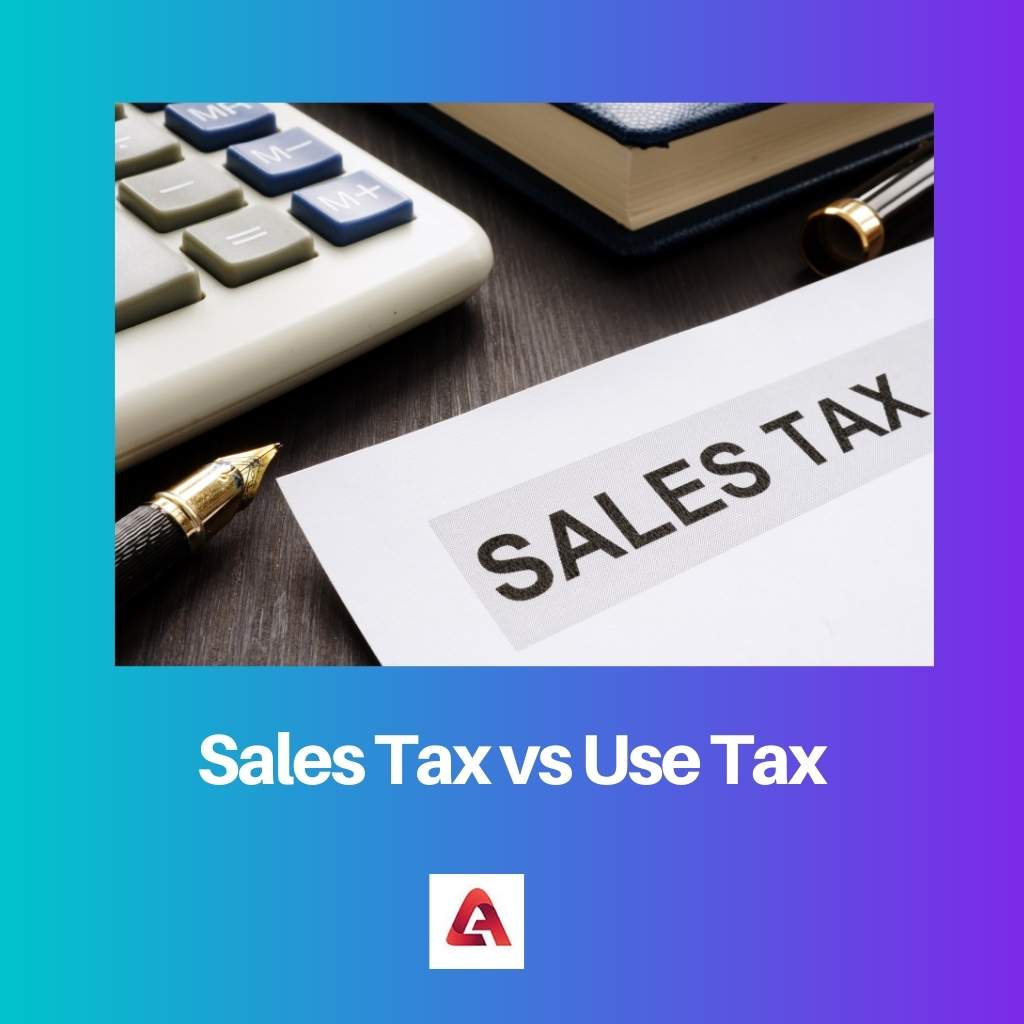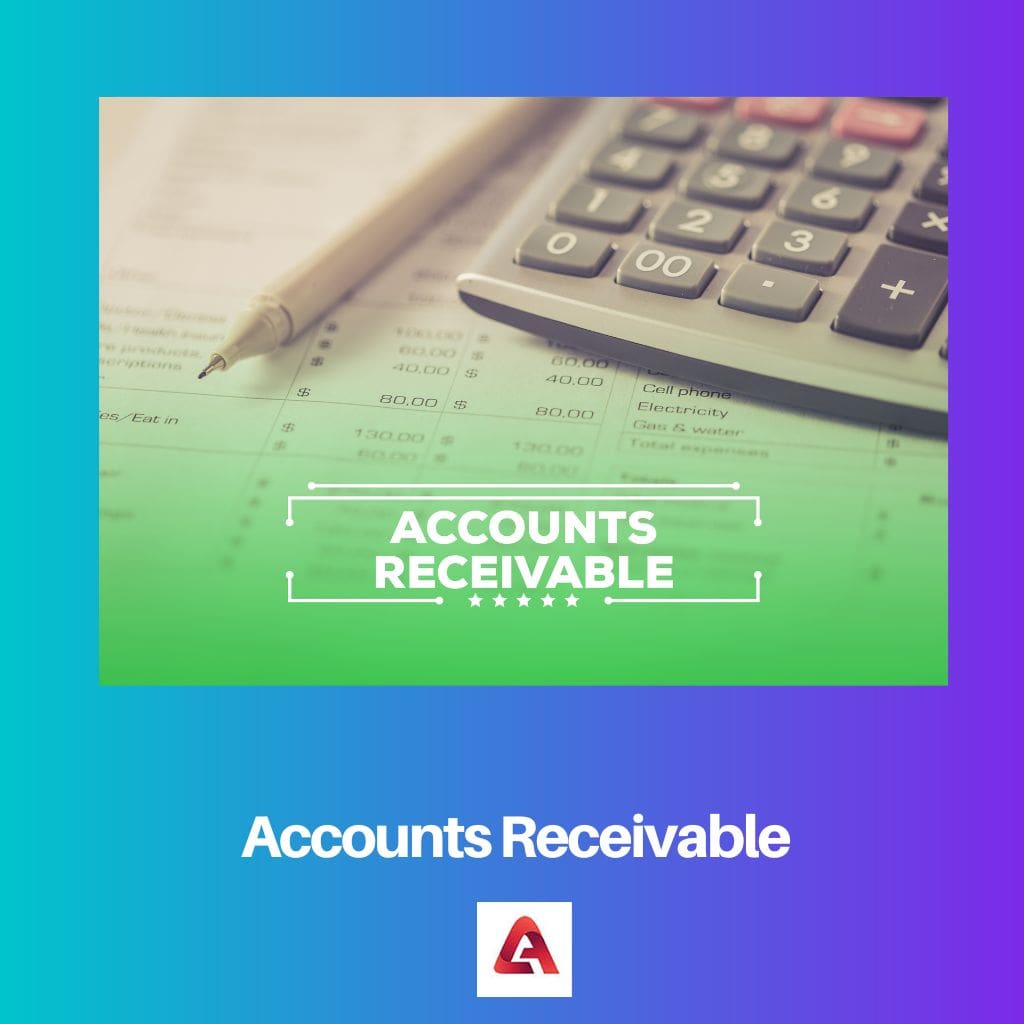Sales tax is levied on the sale of tangible goods and, in some cases, services, at the point of purchase. The responsibility for collecting and remitting sales tax typically falls on the seller. On the other hand, use tax is imposed on the storage, use, or consumption of goods and services, and it is applicable when a buyer makes a purchase without paying the required sales tax.
Key Takeaways
- Sales tax is a tax on the sale of goods and services, while use tax is a tax on the use or consumption of goods and services.
- The seller collects sales tax at the time of purchase, while use tax is self-assessed by the purchaser when the seller does not collect sales tax.
- Sales tax rates and regulations vary by state and locality, while use tax is based on the same rates and regulations as sales tax.
Sales Tax vs Use Tax
Sales tax is a tax that is applied at the time of purchase, as a percentage of the purchase price. It is applied to the sale of most tangible goods and some services. Use tax, is a tax applied to the use of tangible goods that were purchased out of state and then brought into the state for use.

A sales tax is a consumption tax imposed by the government on the sale of goods. If a business has a nexus, then it is liable for sales tax.
State government levies sales tax to generate revenue on the sale of goods within the state. Sales tax rates are different for different goods.
It depends upon the nature of the goods that are purchased. Use tax is a type of tax applied where a product or service is brought by a merchant and then converted for use.
A lot of people don’t know about use tax. The buyer pays this tax directly to the taxing authority or the government.
The use tax is chargeable when the sales tax is not paid for the same goods.
Comparison Table
| Feature | Sales Tax | Use Tax |
|---|---|---|
| Who Pays | Seller collects from buyer | Buyer pays directly |
| Collection Time | At the point of sale | After the purchase |
| Purpose | Creates a level playing field for in-state and out-of-state businesses | Ensures all taxable goods used in the state contribute to tax revenue |
| Applies To | Tangible personal property and sometimes services (varies by state) | Tangible personal property purchased out-of-state and used in the state, or on which sales tax wasn’t collected |
| Responsibility for Reporting | Seller | Buyer (self-assessed) |
| Rate | Varies by state and locality | Typically the same rate as sales tax in your state |
What is Sales Tax?
Sales tax is a consumption tax imposed by government authorities on the sale of goods and services. It is typically a percentage of the retail price and is collected by the seller at the point of purchase. The collected tax is then remitted to the government, which uses the revenue to fund public services and infrastructure.
Key Components of Sales Tax
1. Taxable Items
Sales tax is applied to a wide range of goods and services. While the specific items subject to taxation can vary by jurisdiction, common taxable items include tangible goods, such as electronics, clothing, and furniture, as well as certain services like restaurant meals and accommodations.
2. Tax Rates
The tax rate is a crucial factor in determining the amount of sales tax imposed on a transaction. Tax rates can vary at the federal, state, and local levels. Some jurisdictions have a single, uniform rate, while others allow local governments to set their own rates within a certain range.
3. Collection and Remittance
Businesses are responsible for collecting sales tax from customers at the time of sale. This collected tax must be periodically remitted to the appropriate government agency. The frequency of remittance varies by jurisdiction, with some requiring monthly payments and others opting for quarterly or annual remittances.
4. Exemptions and Special Cases
Certain items or transactions may be exempt from sales tax, depending on the jurisdiction. Common exemptions include necessities like food and prescription medications. Additionally, some jurisdictions provide special tax treatment for specific industries or types of transactions.
Administration and Compliance
1. Registration
Businesses engaged in taxable sales are typically required to register with the tax authorities. This process involves providing essential information about the business, such as its location, type of products or services sold, and anticipated sales volume.
2. Record-Keeping
Accurate record-keeping is crucial for businesses to comply with sales tax regulations. This includes maintaining detailed records of sales, taxable items, and any exemptions claimed. Robust record-keeping not only ensures compliance but also facilitates the preparation of accurate tax returns.
3. Filing Returns
Businesses must regularly file sales tax returns, reporting the total sales, taxable transactions, and the amount of tax collected. Filing frequencies vary, and businesses must adhere to the schedule established by the tax authorities.
4. Audits and Enforcement
Tax authorities may conduct audits to verify the accuracy of a business’s sales tax filings. Non-compliance can result in penalties and fines. Enforcement measures may include interest charges on overdue taxes and, in extreme cases, legal action against non-compliant businesses.
What is Use Tax?
Use tax is a type of tax that is imposed on the use, consumption, or storage of tangible personal property or certain services when sales tax has not been paid. It is a complementary tax to sales tax and is designed to ensure that individuals and businesses pay their fair share of taxes on items purchased for use within a specific jurisdiction.
Applicability
Individuals
Use tax is typically levied on individuals who make purchases from out-of-state sellers or through other channels where sales tax is not collected. This includes online purchases, mail-order transactions, and goods acquired while traveling.
Businesses
Businesses are also subject to use tax when they use, consume, or store tangible personal property without paying sales tax. This is common when companies purchase items for business use from out-of-state vendors.
Calculation and Rates
The use tax rate is often equivalent to the local sales tax rate in the buyer’s jurisdiction. Calculating use tax involves determining the purchase price of the taxable items and applying the applicable use tax rate.
Reporting and Compliance
Individuals and businesses are responsible for self-reporting and remitting use tax to the relevant tax authorities. This is typically done on the individual’s income tax return or through a separate use tax return process for businesses.
Nexus and Interstate Commerce
The concept of “nexus” plays a crucial role in determining whether use tax is applicable. Nexus refers to the connection between a taxpayer and a taxing jurisdiction. If a taxpayer has a substantial presence or engages in significant economic activities within a jurisdiction, they may be subject to use tax.
In the context of interstate commerce, businesses that sell goods across state lines may have use tax obligations in the destination state, especially if they have a physical presence or meet economic nexus thresholds.
Challenges and Enforcement
Enforcing use tax compliance can be challenging for tax authorities due to the difficulty of tracking individual purchases. Many jurisdictions are taking steps to improve compliance through education, enhanced reporting requirements, and cooperation with online retailers to collect and remit use tax on behalf of customers.
Main Differences Between Sales Tax and Use Tax
- Taxable Event:
- Sales Tax: Triggered by the sale of tangible personal property or taxable services.
- Use Tax: Imposed on the storage, use, or consumption of taxable items within a jurisdiction, typically when the sales tax was not collected at the time of purchase.
- Point of Collection:
- Sales Tax: Collected by the seller at the time of the sale.
- Use Tax: Typically self-assessed and paid by the buyer directly to the state if the seller did not collect sales tax.
- Collection Responsibility:
- Sales Tax: The seller is responsible for collecting and remitting the tax.
- Use Tax: The buyer is responsible for self-assessing and remitting the tax.
- Transaction Location:
- Sales Tax: Based on the location where the sale occurs.
- Use Tax: Based on the buyer’s location or where the taxable item is used or stored.
- Nexus Requirement:
- Sales Tax: Usually requires a physical presence (nexus) of the seller in the state.
- Use Tax: Nexus may not be required, and it can apply to out-of-state purchases.
- Applicability:
- Sales Tax: More common and widely known, applicable to retail transactions.
- Use Tax: Often applies to untaxed online or out-of-state purchases made by consumers.
- Compliance Challenges:
- Sales Tax: Sellers need to manage and comply with various state and local sales tax rates and regulations.
- Use Tax: Relies on the honesty of consumers to self-assess and pay the tax, making it challenging for states to enforce.
- Audit Focus:
- Sales Tax: Audits typically focus on the seller’s compliance and collection practices.
- Use Tax: Audits may focus on the buyer’s records and self-assessment compliance.
- Exemptions:
- Sales Tax: Exemptions may apply to certain goods or transactions.
- Use Tax: Similar exemptions may apply, but they are often claimed by the buyer when self-assessing the tax.
- Complexity:
- Sales Tax: Can be complex due to varying rates and regulations across different jurisdictions.
- Use Tax: Generally simpler in terms of calculation but relies on consumer honesty for compliance.




